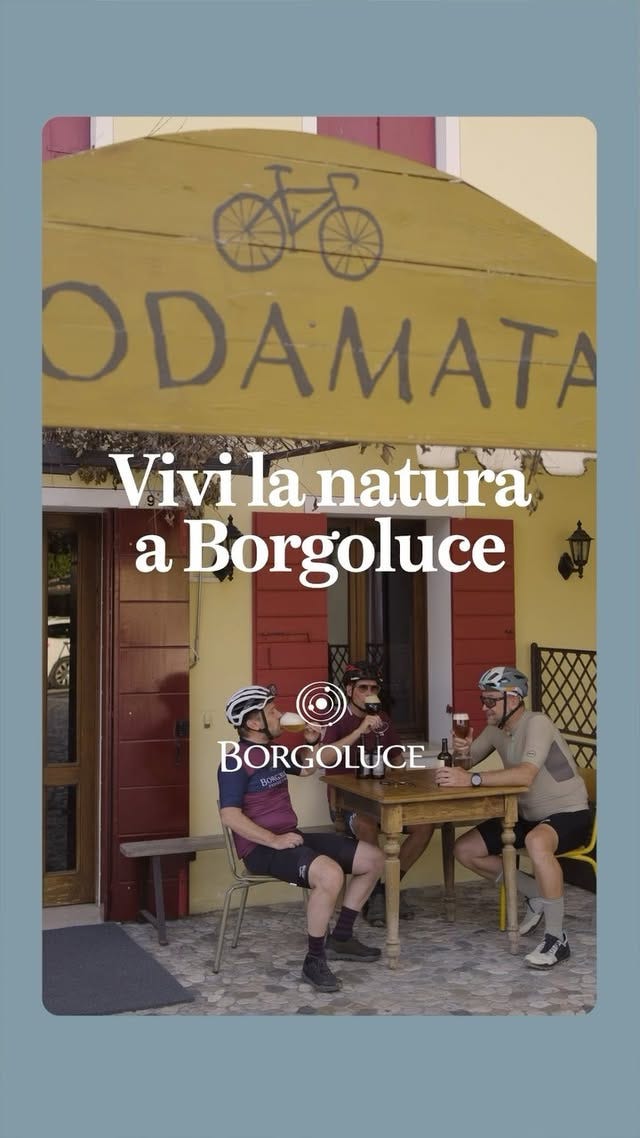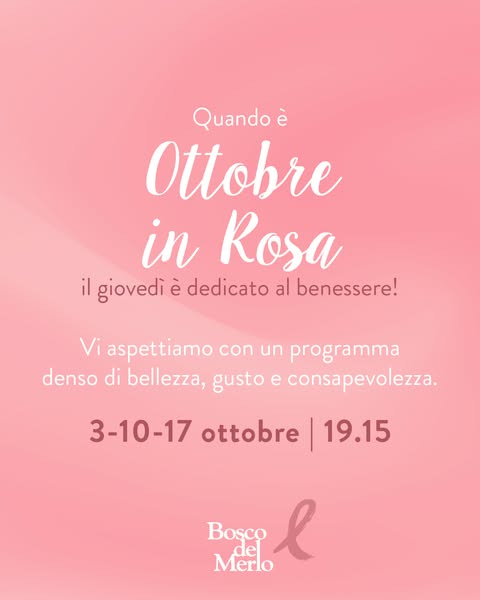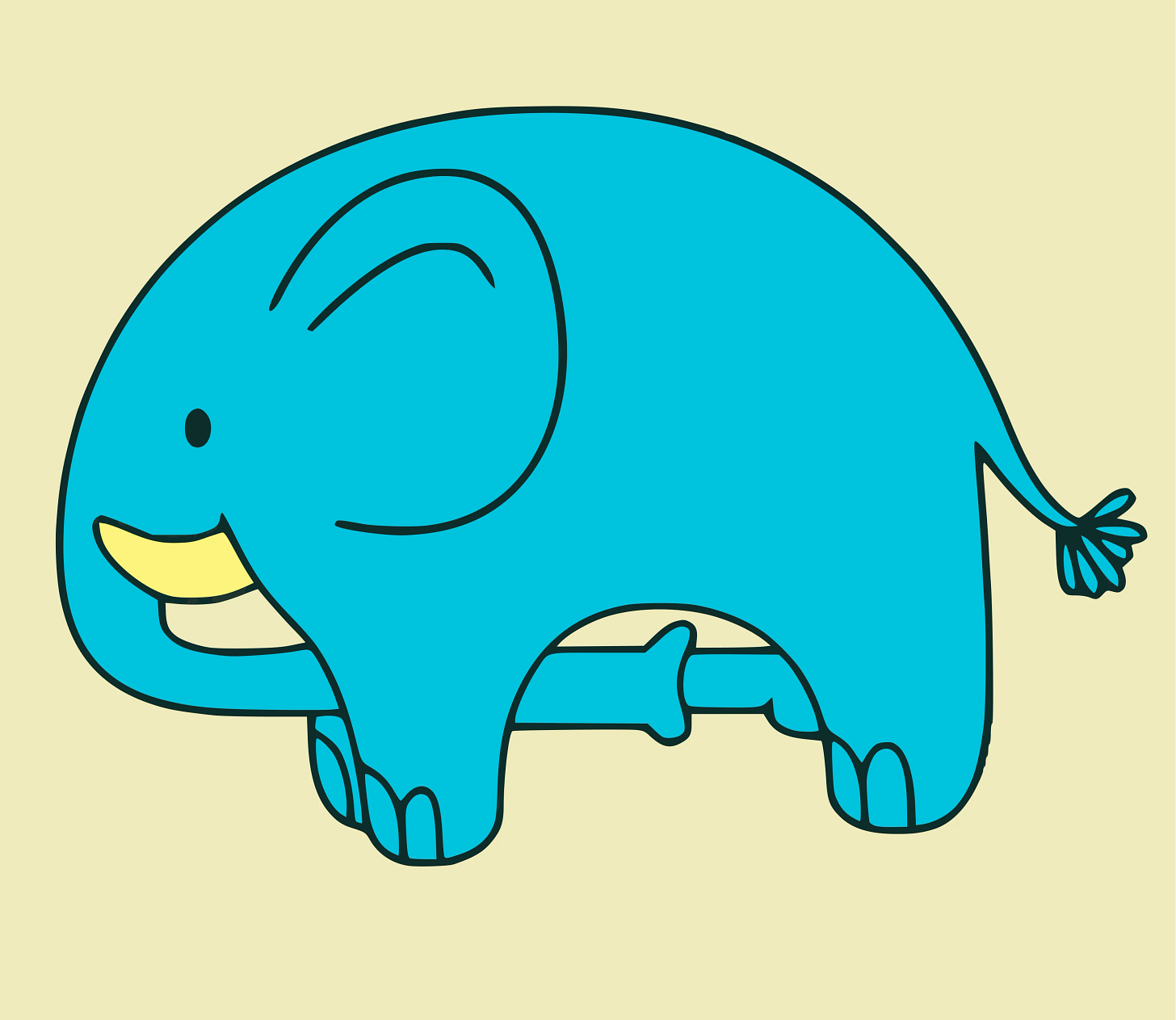Dear wine world: if you’re still selling terroir and tradition, you’ve already lost Gen Z
You’re not losing young drinkers because they don’t like wine. You’re losing them because you’re still talking like it’s 1997.
Let’s cut the noise.
Vinitaly 2025 wrapped up with the usual buzz—big talks, bold statements, and a hundred ways to say “we need to communicate better with younger generations.”
Sound familiar? Yeah, because we’ve been saying it for years.
The problem?
No one’s giving real answers.
You can’t just slap “culture” and “territory” on your labels and expect the next generation to care. They’re not sipping your wine because you won a medal in 2006.
They’re not even listening—because most of the time, you’re not speaking their language.
Reality check: wine isn’t just a product anymore
Let’s get this straight:
The younger crowd isn’t anti-wine. They’re just not into the way you’re selling it.
What they want is context. When to drink it. With who. In what mood.
Wine is no longer a glass on a table. It’s part of a vibe, an identity, a lifestyle.
You know who gets this?
Borgoluce. With Enotech, they’ve turned their winery into a hangout: DJs, beautiful settings, natural light, cool people.
You’re not just drinking wine—you’re in a moment. And guess what? That makes people choose wine over a spritz.
But it doesn’t stop there—think guided bike tours with tastings along the way, or smart collabs with travel and food bloggers who tell the story in a way that actually resonates.
Same goes for Bosco del Merlo’s rosé tied to breast cancer awareness. It’s not about being trendy. It’s about standing for something. And people notice.
Your winery is a brand. Start acting like one.
If you're still treating winery visits like an “extra,” you’re leaving serious money—and brand value—on the table.
Today, young people travel for real, local experiences. They want to discover “secret places,” not another souvenir tasting room with a wooden counter and a 6-wine flight.
Think:
Multi-day experiences.
Workshops.
Good design.
Real storytelling.
And yes—charge for it.
If it's well done, they'll pay.
Most wineries still treat their cellars like storage rooms.
The smart ones? They turn them into immersive brand worlds.
Think “Italy’s coolest Airbnb meets natural wine bar.” That’s the energy.
Let’s break this down: here’s what actually works
Stop saying your Chianti is the best. Start telling us where it fits in life: pizza night with friends? Pre-dinner on the terrace? That’s the story people want.
Don’t try to be for everyone. Your wine shouldn’t appeal to all—it should hit hard with the right people.
Less product porn. More lifestyle. Nobody falls in love with your label. Show us what your wine feels like.
You’re not in a competition. You’re in a conversation. Drop the ego, turn up the empathy.
That’s how I see the wineries that always talk about themselves:Your vineyard isn’t the story. Your values are. Lead with those.
New markets matter. Asia and South America aren’t just future bets—they’re the now. Learn the culture. Adapt your message. (i’ll write something soon).
Experience = retention. The more memorable the interaction, the better the recall. Don’t give them a tour—give them a reason to come back.
Final thought: wine doesn’t need a rebrand. You do.
We don’t need to reinvent wine.
We just need to stop communicating it like it’s 1997.
If wine wants to stay relevant, it needs to stop talking to itself—and start talking to people.
The most exciting brands in wine today?
They’re not the ones with the longest history.
They’re the ones brave enough to break from it.
Who am I?
From a young age, I’ve been captivated by the world of food and drinks. To me, products like wine, spirits, and cuisine represent the backbone of a country like Italy, a place where culinary tradition is both rich and deeply admired worldwide.
I say "hope" because it’s easy to forget how fortunate we are to have such a vibrant food culture, one that’s highly respected beyond our borders.
My awareness of this privilege began with a video by Oscar Farinetti (a controversial figure, yes, but let’s focus on the bigger picture), where he spoke about the unique privilege of being born in Italy.
While I didn’t have the fortune of being born here, I’m incredibly grateful to have been welcomed into such a unique country.
My mission is simple: to help Food & Beverage companies launch new products into the market or give existing ones the fresh boost they need to stand out.
That’s why I founded an agency called "Mamma Mia" a few years ago. Our goal is to be the perfect partner for elevating products in an increasingly competitive market.
Today, we’re a team of ten talented young professionals with a diverse range of skills, from strategy to creativity, covering both digital and offline landscapes.
With “Eat The Week” newsletter I travel the world and share stories, strategies, and successes from the food and beverage industry.









